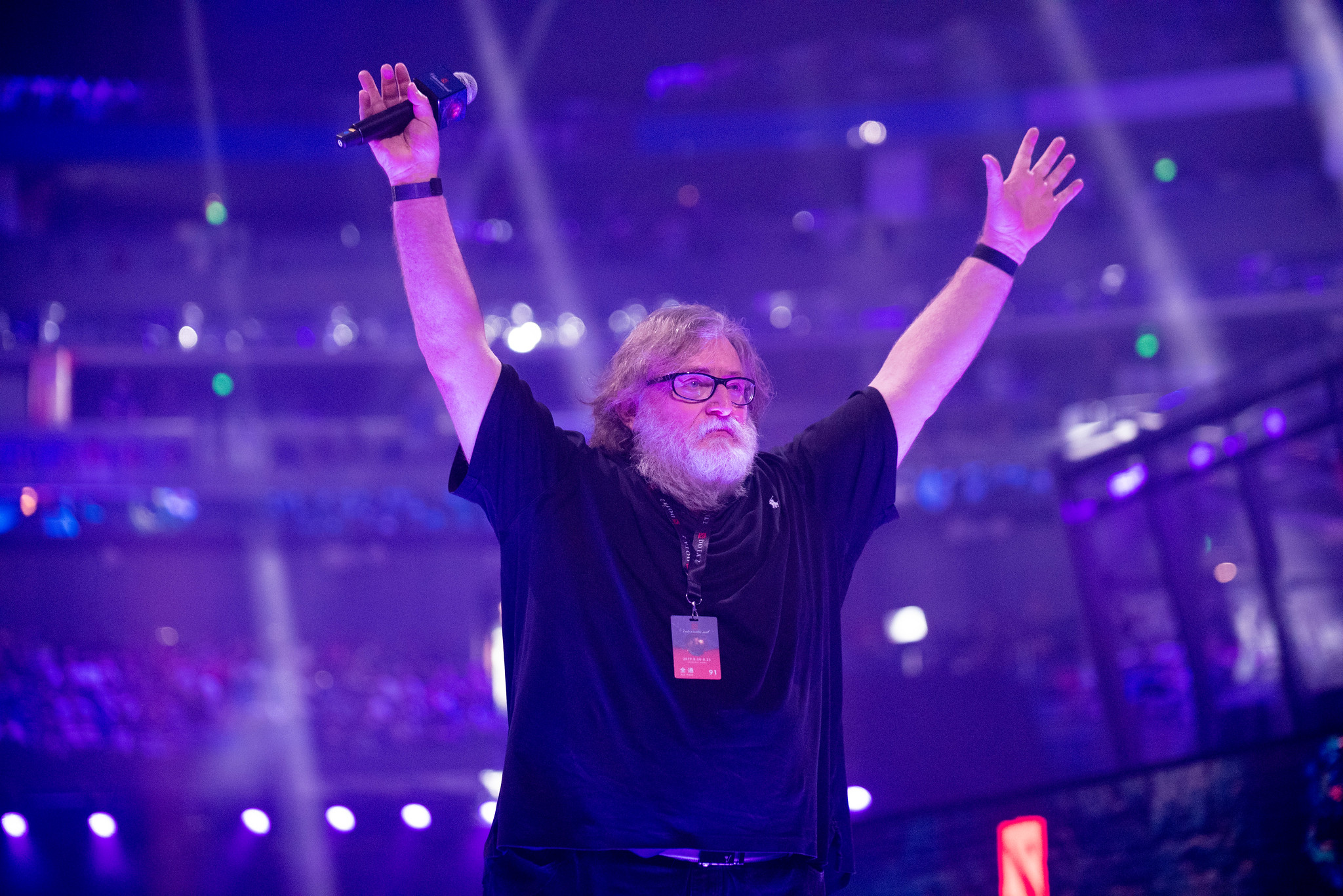This article is brought to you by StatBanana, the best Dota 2 strategy tool.
After an extremely successful season, capped by a record-breaking The International 2019, Valve has made some key changes to the rules for the 2019-20 Dota Pro Circuit, but not all of them are good.
The scoring and payout percentages for both Majors and Minors was the first thing Valve fixed, which was also one of the main complaints from the competitors. Each percentage is now much flatter, giving the top finishers the most, while still handing the teams closer to the middle a respectable sum. At Majors, the first place team now takes home $300,000 versus $350,000 last year, and that extra money is distributed around.
The big change came in the Minors, where the winning team will now only get $72,000 compared to last year’s $125,000. That is a steep drop, but it also ensures that the teams who make it into the event but get sent home early aren’t operating at steep loss based on winnings.
Overall, that is a change for the better, especially for tier-two teams who don’t have a lot of opportunities to secure big payouts. But Valve did nothing to ensure players would have more security on their team, instead, just laying out a timetable where kicking players is acceptable.
Organizations can remove a player from its roster anytime during the season as long as it is before the beginning of the final Minor of the season. Teams can use a single substitution during online qualifiers for events, but if the full team of five players signed to the roster are not present at the LAN portion of an event, the organization’s point total will be deducted by 40 percent.
If a move is made while the team is preparing to compete in a Minor or Major it has already qualified for, that organization will face an additional 20 percent deduction. This does not stop a team from pulling something like Team Liquid did, however, where the captain cut a player after the team was already qualified for The International, which was the main concern brought up by several players at the time.
The regional qualifiers for The International have also changed, as instead of having a set of open qualifiers and direct invites, the top eight teams based on DPC points from each region that still have full rosters will all receive invites. This means there won’t be any stacks being built specifically for qualifier gambit runs and a lot of tier-two teams will get a solid shot at TI10.
Related: Ninjas in Pyjamas captain ppd suggests major Dota Pro Circuit changes in extensive post
Additionally, Valve also consolidated the Major and Minor qualifiers into a single event, which will not only save players and teams a lot of time, but it also makes the entire process much simpler. This not only resolves one of the players’ biggest complaints, but it also gives teams more time to figure out travel and avoid potential snags like visa issues.
A smaller change that could affect several players is one that says no one can work for another team that has qualified for The International and then qualifies as part of another roster. This might cause Clinton “Fear” Loomis to either retire or take up coaching since he is a part-owner of Evil Geniuses but currently plays for J Storm.
Overall, this feels like a bunch of solid changes that are taking steps to make the DPC better, but some of these updates just don’t seem like enough. Specifically, top teams still need to compete in online qualifiers despite the ranking system and players can still be kicked from TI-qualified rosters with no repercussions.
Alan “Nahaz” Bester put it best when he listed the lack of meaning players have in this current meta if they aren’t a core part of a team. It is a flaw that isn’t easy to fix, but Valve is at least trying to balance surrounding issues, even if it doesn’t feel like enough.
The 2019 DPC season begins on Nov. 7 with the first Minor of the season, with qualifiers opening up on Sept. 30.



